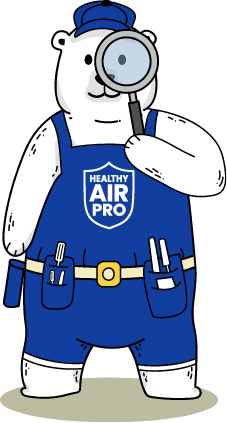
Find a Pro

Establish a Healthy Home with AprilAire Healthy Air Professionals that care. We have over 4,500 pros nationwide who are ready to help you find the best Healthy Air solutions for your home, no matter what your needs may be. Start your journey with AprilAire.
- Custom Evaluations and Expert Advice
- Professional Installations and Maintenance
- Fast and Friendly Local Service